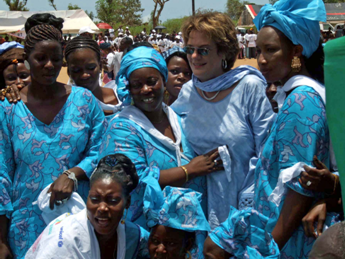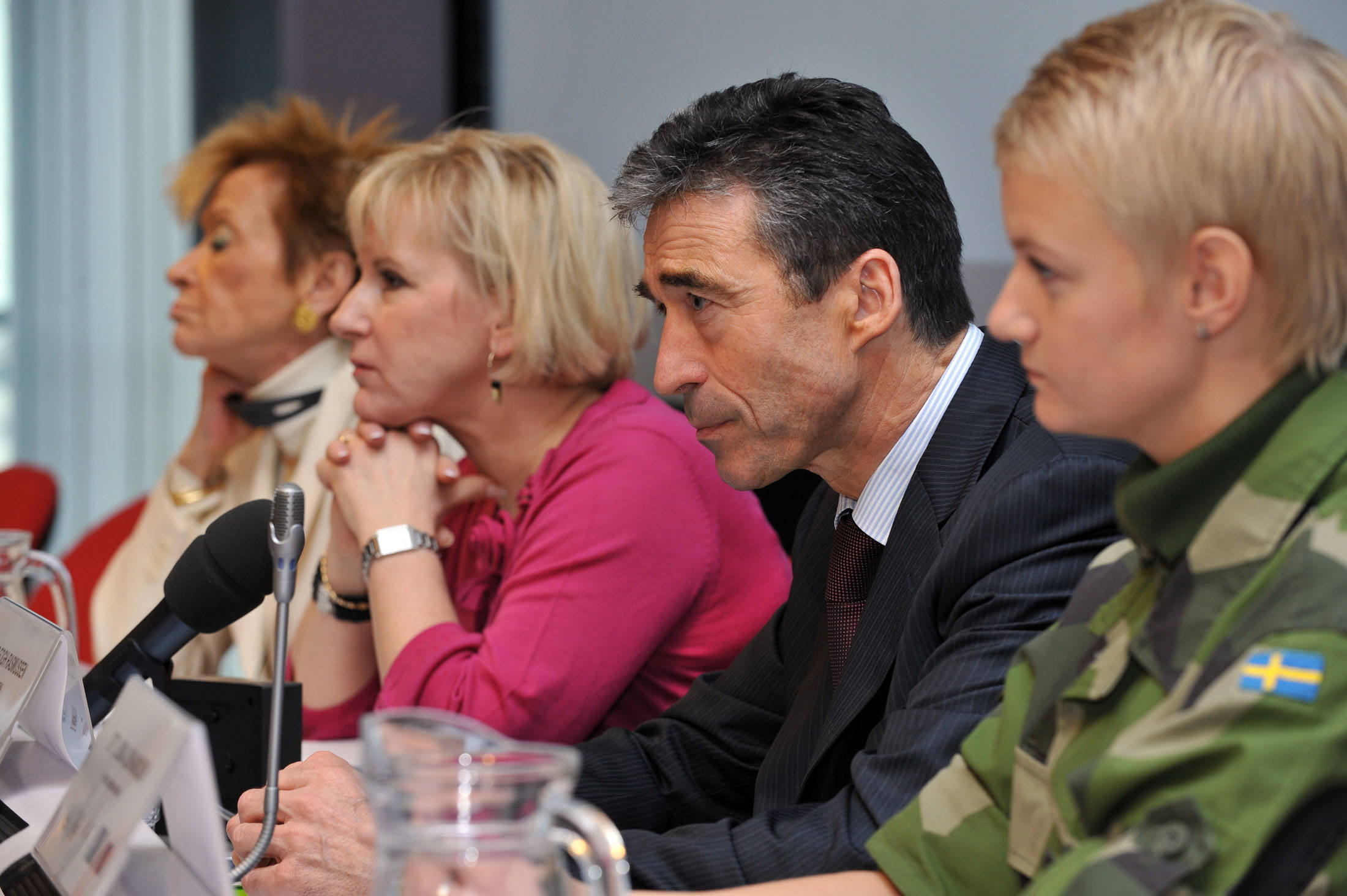Earlier this month, the United Nations High Commissioner for Refugees (UNHCR) published a series of videos documenting refugee women who have undergone female genital cutting (FGC). Since their experiences, these women are now engaged in efforts to end the practice. These videos have been released as part of a greater campaign to encourage policy-makers within the European Union to fully include asylum-seeking and refugees girls and women in their comprehensive plans for the eradication of FGC.
[captionpix align=”left” theme=”elegant” width=”300″ imgsrc=”http://natoassociation.ca/wp-content/uploads/2014/04/fgmmap.png”]
The practice of female genital cutting, often times referred to as female genital mutilation (FGM) is defined by the World Health Organization as comprising all procedures involving partial or total removal of the external female genitalia or other injury to the female genital organs for non-medical reasons. According to the WHO, it is a practice that has affected between 100 and 140 million girls worldwide. FGC is currently practiced in 28 countries in Africa ranging from Senegal in the west to Somalia in the east and a few countries in Asia and the Middle East. The prevalence of the practice (the percentage of women aged 15 to 49 years who have undergone FGC) varies considerably within and across regions and countries as can be gleaned from the map provided. Whereas some countries such as Guinea and Somalia experience near universal prevalence (over 90%) others like Cameroon or Ghana experience extremely low prevalence levels (1-3%). According to the WHO, the prevalence as well as the type of procedure typically varies, mainly with ethnicity.
The UNHCR has spoken out passionately against the topic, using slogans like ‘FGM is harmful, not cultural.’ Public opposition by Western activists and Second Wave feminists sprang up in the late 1970s as physicians began to speak about the practice that was occurring in many African nations. However, what started off as medical concern by feminist physicians quickly turned into public outrage. Against the backdrop of women’s health activism, female empowerment and international policy-making, FGC has met with great controversy amongst academics, feminist scholars and human rights activists. At one end of the spectrum, exist efforts to eradicate the practice of FGC typically led by the West view this practice as barbaric, oppressive and harmful to women’s sexual and reproductive body. On the other end are local African women, who believe they are helping rather than harming their daughters, defending the practice as an expression and celebration of womanhood. So which is right? I think it is only fair to better understand this practice within its African cultural context.
- FGC is NOT founded in Islam – there is an abundance of Western literature that suggests that this practice is founded in Islam. This is a gross misconception. Women’s rights scholar, Elizabeth Heger Boyle argues that Islamic law or any other religion does not prescribe female genital cutting. In fact the practice predates Islam, does not occur in most Middle Eastern countries, and is not explicitly required by the Koran (Heger 2002, 31). However, while the practice is not Islamic, there are many women who practice FGC based on religious beliefs concerning women’s modesty and chastity.
[captionpix align=”right” theme=”elegant” width=”300″ imgsrc=”http://natoassociation.ca/wp-content/uploads/2014/04/fgmimage-2.png” captiontext=”Molly Melching, Founder & Executive Director of Tostan“]
- Symbolic Act of Empowerment for Women – Many believe, the practice is not done to harm young women and girls but to aid them in gaining more power in the community. According to Professor of Human Development, Richard Shweder, the practice of FGC accompanies the attainment of full female identity, induction into a social network and support group of powerful adult women, and ultimately marriage and motherhood (Shweder 2000, 219). The practice becomes a tool for African women to resist powerful structures of patriarchy.
- FGC echoes wider symptoms of oppression – As Professor of Sociology and Anthropology, Ngambouk Pemunta states, resistance to the eradication of FGC is not a reaction to the protection of a distinct ‘tradition,’ but a reaction to the way in which modernity impacts on traditional practices and discourses (Pemunta 2012, 238).
A mono-dimensional reading of female genital cutting is far too simplistic. Perhaps it is not FGC that women are trying to protect but rather their ability to preserve their cultural identity… to be able to define development in their own way. While I do not disagree with the UNHCR that FGC should fall into the persecution category for women who decide to flee, I am cautious about the international community’s former crusades on African bodies.
However, I do not seek to argue that oppression does not exist in Africa, nor do I suggest that there are not women there who view this practice as oppressive. In fact, I believe many local women do recognize FGC as being a symptom of gendered oppression. It is important to illustrate that while approval ratings for FGC is high among ethnic communities where FGC is practiced, there are many African women who actively condemn the tradition. Often times due to improper and unhygienic tools, a woman can contract a number of infections and can experience incontinence and inability to have children.
While African women have a right to define their own way of life, which includes practices such as FGC, I also feel strongly that when understood in its proper cultural context, Western activists have an equal right to want to combat cultural practices such as these. Perhaps this illustrates my greatest purpose in writing this article: the desire to create solidarity among women around the world, which requires open-mindedness.
For further information, visit Tostan, a West African group that places the practice of FGC within the larger framework of community development and which has been extremely successful at enabling women to make empowered and well-informed decisions.




